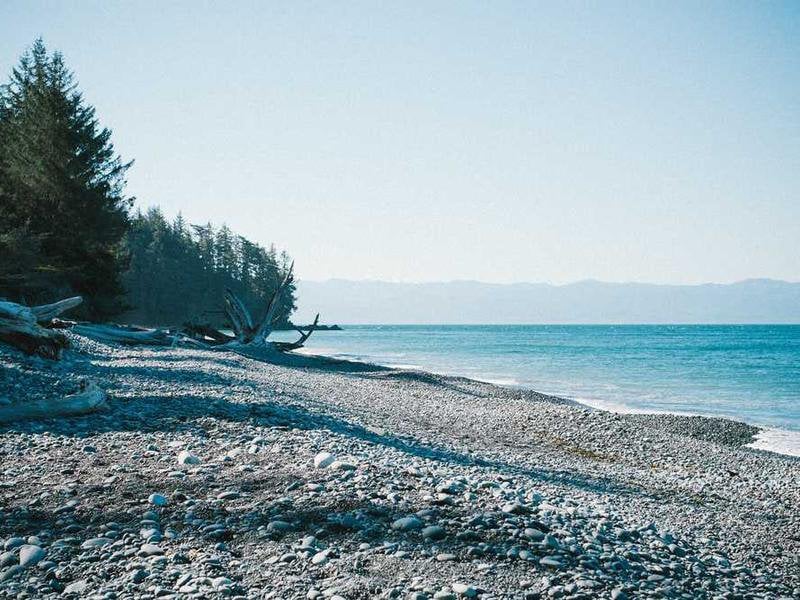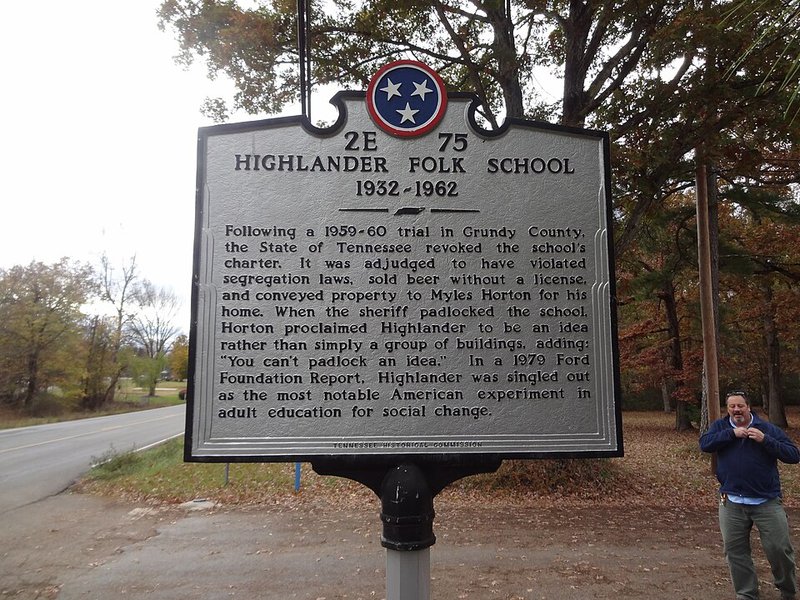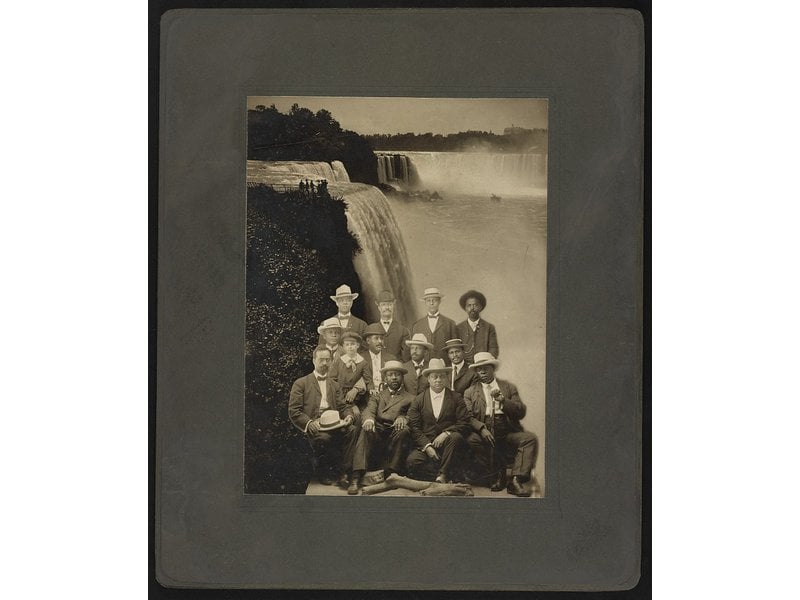089 severance of funds and credit

"Economic pressures can also be exerted by cutting off the opponent’s sources of money, such as salaries, appropriations, loans and investments. This may be done by individuals, firms, or governments. In certain American colonies, the assemblies withheld appropriations for the salaries of governors and judges as a means of keeping them from acting too much out of line with the assemblies’ political wishes.111"...
Potentially awesome partners

Potentially problematic matches
High scoring campaigns using this method
Historical cases from the Nonviolent Action Database that used this method
Cree (First Nations) stop second phase of James Bay hydroelectric project, 1989-1994
In 1972, Matthew Coon Come, a young Cree student, happened upon a newspaper article that proclaimed Quebec’s ‘hydroelectric project of the century’. Looking at a map attached to the article, Matthew realized that his community’s lands in northern Que...
Filipinos campaign to overthrow dictator (People Power), 1983-1986
Ferdinand Marcos was elected president of the Philippines in 1965. Marcos was reelected in 1969 and when barred to run for a third term, he declared martial law and gave himself near absolute power. Marcos assumed full control of the military, dissol...
German citizens defend democracy against Kapp Putsch, 1920
In March 1920, Walther von Lüttwitz, a commanding general in the German army, and Wolfgang Kapp, a German provincial official (with the help of a few other German officials, such as Chief of Staff, General Hans von Seeckt and his collaborators in the...
Malawians bring down 30-year dictator, 1992-1993
By the early 1990s, President Hastings Kamuzu Banda of the Malawi Congress Party (MCP) had been president of Malawi for thirty years, ever since the country transitioned out of colonial rule. At the time, Malawi was a single-party state in which poli...
Syrian citizens general strike against France, 1936
French-occupied Syria was facing darkening hopes for more independence from France at the end of 1935. The major Syrian nationalist party, the National Bloc, was losing power, the Syrian Parliament was adjourned and the government in power was under ...
Environmentalists prevent construction of nuclear reactor in Belene, Bulgaria 2002-2012
The Belene Nuclear Power Plant (NPP) in northern Bulgaria was originally proposed in the mid-1980s. The project was cancelled in the 1992, after significant environmentalist campaigning, when it became clear that the seismic risk in the region was un...
Harlan County, KY, coal miners win affiliation with UMWA union, United States, 1973-1974
In June of 1973, workers at the Brookside coal mine in Harlan County, Kentucky voted 113-55 to replace their membership in the Southern Labor Union (SLU) and join the United Mine Workers of America (UMWA) union. The SLU was largely seen as serving th...
Bhutanese refugees hunger strike for repatriation, 2003
In the 1980’s the Bhutanese government saw the Lhotshampa people, natives of Southern Bhutan, as a political threat. The government began to discriminate against them, and in the early 1990’s, 100,000 people from Southern Bhutan fled their country, f...
Ogoni people struggle with Shell Oil, Nigeria, 1990-1995
The Ogoni region is a highly oil-rich area in the Niger Delta area of Nigeria, populated by approximately 500,000 members of the Ogoni People. Since the Shell Petroleum Development Company discovered oil in Ogoniland in 1958, the region has been plag...
Harvard University community campaigns for divestment from apartheid South Africa, 1977-1989
In the late 70s and 80s, American colleges and universities were engulfed in a heated debate over the ethical implications of financial investments. Educational institutions had invested billions of dollars in financial institutions and corporations ...
Low scoring campaigns using this method
Historical cases from the Nonviolent Action Database that used this method
US Students Campaign to Stop Dow Chemical Company From Manufacturing Napalm (1967-1969)
The United States first used Napalm as an incendiary device in Japan during WWII. It melted flesh and produced horrific wounds. Napalm once again took on a functional role for the US in Vietnam, and the government requested bids from chemical manufac...
Icelanders protest Karahnjukar Hydropower Project, 2000-2006
In December of 2001, Iceland's Minister for the Environment Siv Fridleifsdottir overturned Iceland's National Planning Agency (NPA) decision to reject the Karahnjukar Hydropower Project on the grounds of major negative environmental impacts. The proj...




